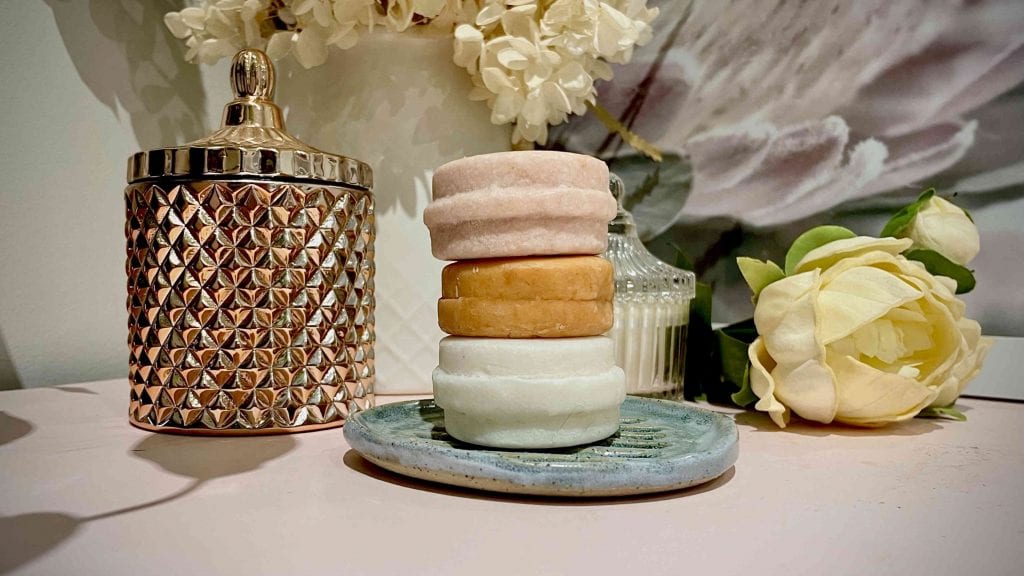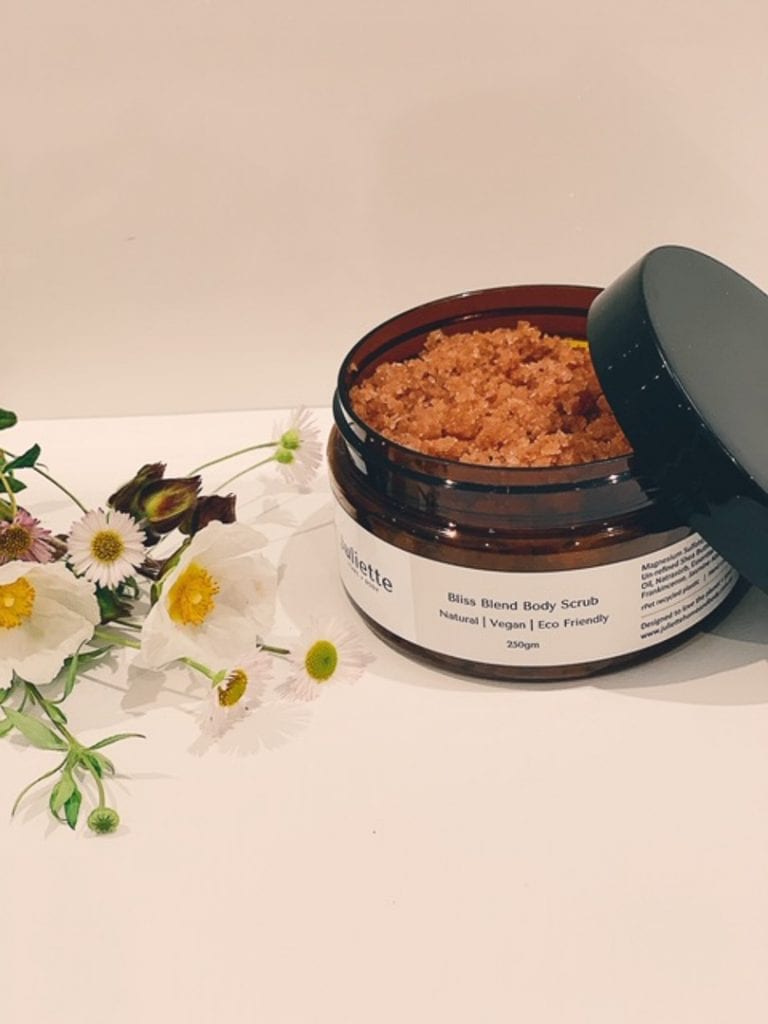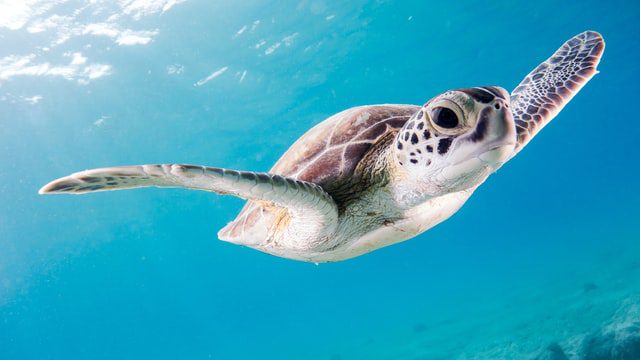
Navigating Regulatory Requirements in Product Business
As we continue our journey through the physical product business world, it’s time to discuss a topic that might seem a bit dry but is
We all know that continued plastic use contributes to the huge amount of plastic waste that ends up in the ocean.
We also know that going 100% plastic-free is incredibly difficult, almost everything we use comes wrapped in plastic. From food to toiletries and clothing.
Small changes to your buying habits can make a huge impact on the amount of plastic waste you produce.
One of the best things we can do is minimise our single-use plastic use. That means we refuse, reduce, reuse and recycle.
The top way to prevent plastic waste is to simply refuse it.
There are plenty of alternatives to plastics out there. Such as buying your vegetables in paper instead of plastic.
Another great simple change is swapping over to a plastic-free shower range.
If you use plastic packaged shampoo, conditioner, body wash, and body lotion you will use around 3,200 plastic bottles in your lifetime. Going over to zero plastic bathroom products can prevent this waste from being produced, which prevents 45kg of plastic from going into the ocean.
That’s a pretty huge saving for such a simple change!

If refusing is difficult or not possible then the next best option is to reduce usage.
For example, choosing a bamboo toothbrush isn’t 100% plastic-free as the bristles are usually made from nylon, a sort of plastic. It is however a huge reduction in the total amount of plastic used.
Another great way to reduce plastic use is by purchasing products that use RPET plastic packaging. This reduces the amount of virgin plastic needing to be produced to package and provide you with the product.

Plastic isn’t necessarily bad if it doesn’t end up being thrown away.
Reframing how we think of plastic is an important first step. Plastic shouldn’t be something to simply throw away, but something we look after and reuse over and over.
Plastic is lightweight, meaning it uses less carbon to ship from one place to another.
It’s resistant to breakages, which means it’s super safe to use in wet and slippy environments.
And it can last a very long time, which means if you look after it a single plastic vessel will last you a lifetime.
Selecting products and vessels that are refillable is a fantastic way to reuse plastic, turning it from a single-use item to something that is used again and again.

This is the very last form of defence for our oceans. Disposing of broken plastic products or single-use plastic in a responsible way is the best way to prevent it from going into landfills and subsequently being washed into our waterways.


As we continue our journey through the physical product business world, it’s time to discuss a topic that might seem a bit dry but is

As we continue our exploration of the home fragrance, skincare, and haircare sectors, let’s delve into a critical factor that has contributed to the success

In our previous segment, we explored the landscape of the home fragrances, skincare, and haircare sectors. Let’s switch gears and spotlight some Australian-owned businesses making

As we embark on this journey into the captivating world of product businesses, our first stop is a comprehensive overview of three key sectors: home
If you need support drop us a message and someone from our team will be in touch with you within 3 business days.

ACN 649 286 626
By checking out our website, you agree to our use of cookies. We use cookies to provide you with a great experience and to help our website run effectively.